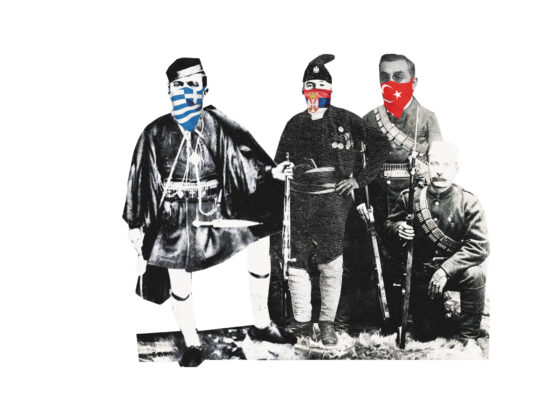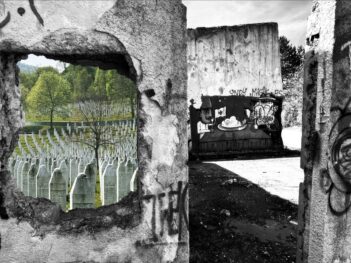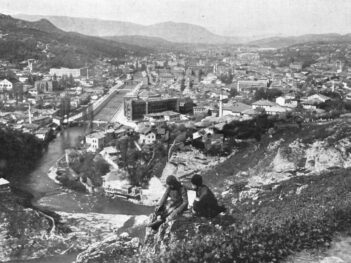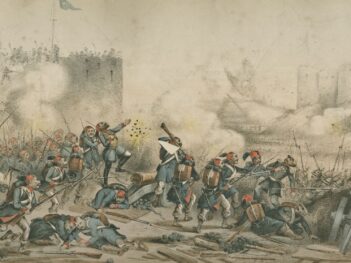
Balkans

The Ugly Side of Nation-Building
The formation of states in the post-Ottoman Balkans owed much to individuals who had thrived in a world of rural lawlessness, warfare and violence. They brought the characteristics of frontier societies to bear on the political culture of these new countries, with lasting effects.

A Roaring Trade
Though private ownership of big cats is illegal in the Balkans, activists and veterinarians struggle to intervene because powerful criminal networks protect those involved in this lucrative trade. Wildlife experts now worry that the exotic animal black market could spiral out of control and spread across Europe.

In Postwar Sarajevo, the Similarities With Middle East Turmoil Resonate
During a recent trip abroad, I visited Bosnia-Herzegovina, curious to see how a European country that broke up and later survived a sectarian war might look three decades on. I’ve had this curiosity about the aftermath of war and carnage ever since I could remember, mainly because, like so many of my generation in the Middle East and, unfortunately, so many more of the younger generations there, I grew up bearing witness to war, wondering how a nation might one day overcome its own mistakes and misfortune — or not.

The Post-WWI Migrations That Built Yugoslavia and Turkey Have Left a Painful Legacy
Nation-building after the Great War normalized migration, colonization, and population transfers and exchanges in southeastern Europe, as demographic scale came to define the status of nations and the extent of their borders. A century on, policies based on the same logic of homogenization continue, despite this painful history.

A Multigenerational Story of Interfaith Identity in Yugoslavia
Interfaith marriage is often talked about in the context of the socialist former Yugoslavia, but people in the region have been crossing religious lines for love, sex or some combination thereof for a long time. Ana Sekulić explores her relationship to religion by studying her own family’s past.

How a Playwright Connected Muslim Bulgarians to the Ottomans
Namik Kemal came to be celebrated as one of the most prominent Ottoman poets, playwrights and political thinkers. While “The Fatherland” and other writings largely disappeared from public view during Sultan Abdulhamid II’s 33-year reign, they enjoyed significant popularity in Bulgaria’s Muslim community.

Albanians’ Besa: A Generous Response to Genocide
While memories of Albanian and Turkish hospitality to Bosniak refugees in Macedonia in 1992 live on locally, few outside the region know the remarkable story of one community’s sacrifice, driven by a special and singularly deep commitment to the protection of others.
